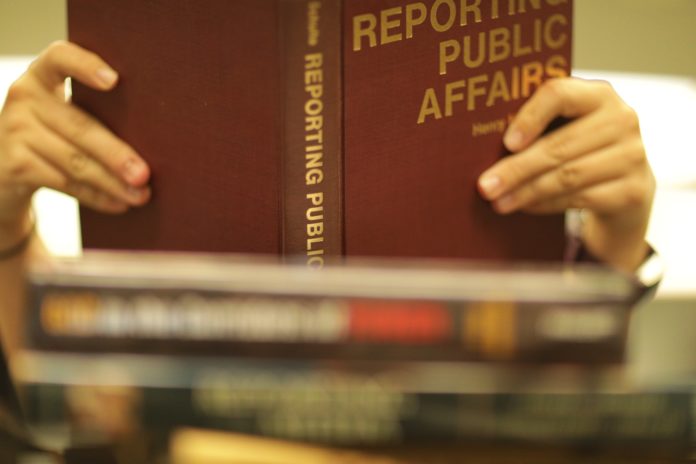
By Madalyn Watson | Reporter
The Texas State Board of Education recently held a preliminary vote to remove historical figures from the Texas Essential Knowledge and Skills (TEKS), which is the pre-kindergarten through high school history and social studies standards the board abides by. Some of those historical figures include Hillary Clinton and Helen Keller.
Tony L. Talbert, associate dean of strategic initiatives and professor of social and cultural studies, compared the Sept. 14 vote to a preceding one where the board considered removing Rosa Parks from the curriculum.
“The state board is elected persons, who are theoretically speaking for their constituencies, but some persons would argue that they’re not representing the entire citizenry of Texas when they make actions like this,” Talbert said.
Georgetown junior Cameron Bocanegra is a double major in journalism and secondary English education. She explained that during the curriculum review, historical figures were rated on their importance from one to 21 and said, most recently, the lowest rated figures were Clinton and Keller.
“There’s so many people of color, so many women who were just not added, or who were taken out because they just didn’t have the opportunity to be there,” Bocanegra said.
Clinton was the first lady for eight years, a U.S. senator and the secretary of state in addition to running against President Donald Trump in the 2016 presidential election. Keller was an author and activist as well as a member of the Socialist Party of America.
“Our current Texas State Board of Education seemingly targeted persons of color, women and perhaps some have even accused them of identifying persons whom they consider to be more liberal or progressive in their historic actions or world view — and removing those individuals from the curriculum,” Talbert said. “Where in [their] place, they will find individuals that they deem to be more worthy, which seemingly at times replaced persons of color with anglo-males or more conservative voices.”
Bocanegra explained the importance these two female figures have on American history, and the impact they can have on children in a learning environment.
“Helen Keller and Hillary Clinton could do wonders for these girls and these young kids with disabilities, or these kids who don’t think they can make it because of their gender,” Bocanegra said. “There are like no women in history, and now they just want to take out more. It’s kind of insulting. So much has been wiped away, I think it’s ridiculous.”
Tori Davis, a Baylor doctoral candidate in curriculum and instruction from San Antonio, explained how her approach to teaching student teachers at Baylor applies to the recent vote.
“My approach is that you always want to have a diversity of opinion and expose students to multiple narratives [because] that’s part of historical thinking. Like if we just give one perspective of the civil war, that’s not really teaching them the civil war. That’s teaching them one narrative,” Davis said.
Davis said the difficult part about creating a curriculum for social studies and history is that there are so many individuals and points of view that there is never a way to fully encompass an entire history into a textbook. She said it is up to the teacher to build off the curriculum when teaching students.
“I take it back to the teacher. You have the State Board of Education, and of course teachers are required by law to follow what’s in the TEKS, but I also think that we can’t deny the fact that teachers have a lot of agency within the classroom to work in or around that — so for me, it’s kind of like I can sit here and obsess over the nitty gritty, but what I try and do is have more of an approach of like, regardless of what the state of education is doing, how can I help teachers understand their own agency and how to make sense of it,” Davis said.
The Sept. 14 vote was preliminary. The board can amend the curriculum changes further before taking a final vote in November.





